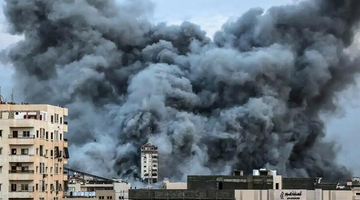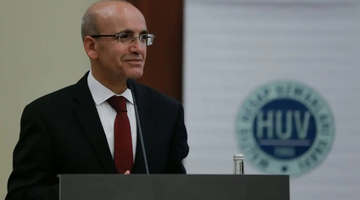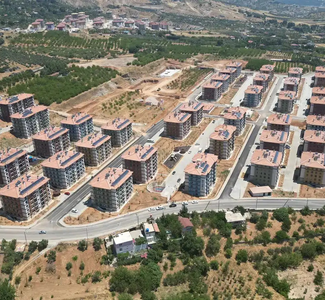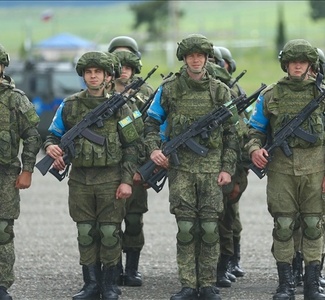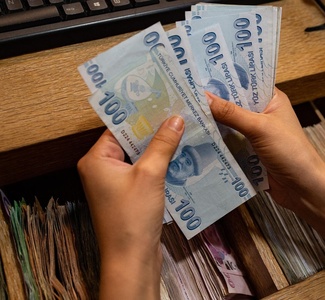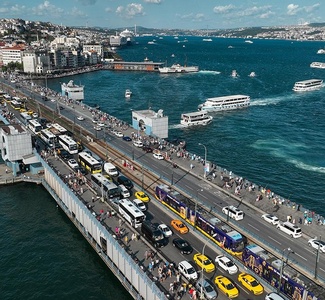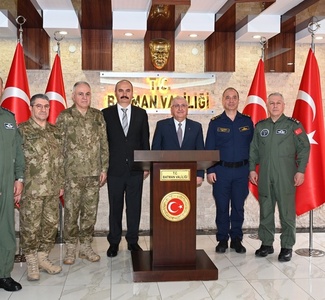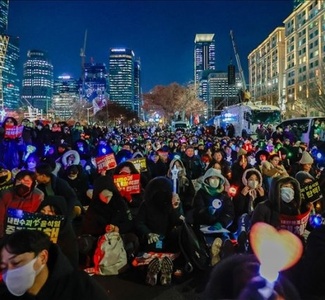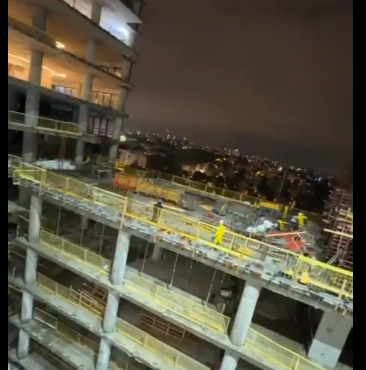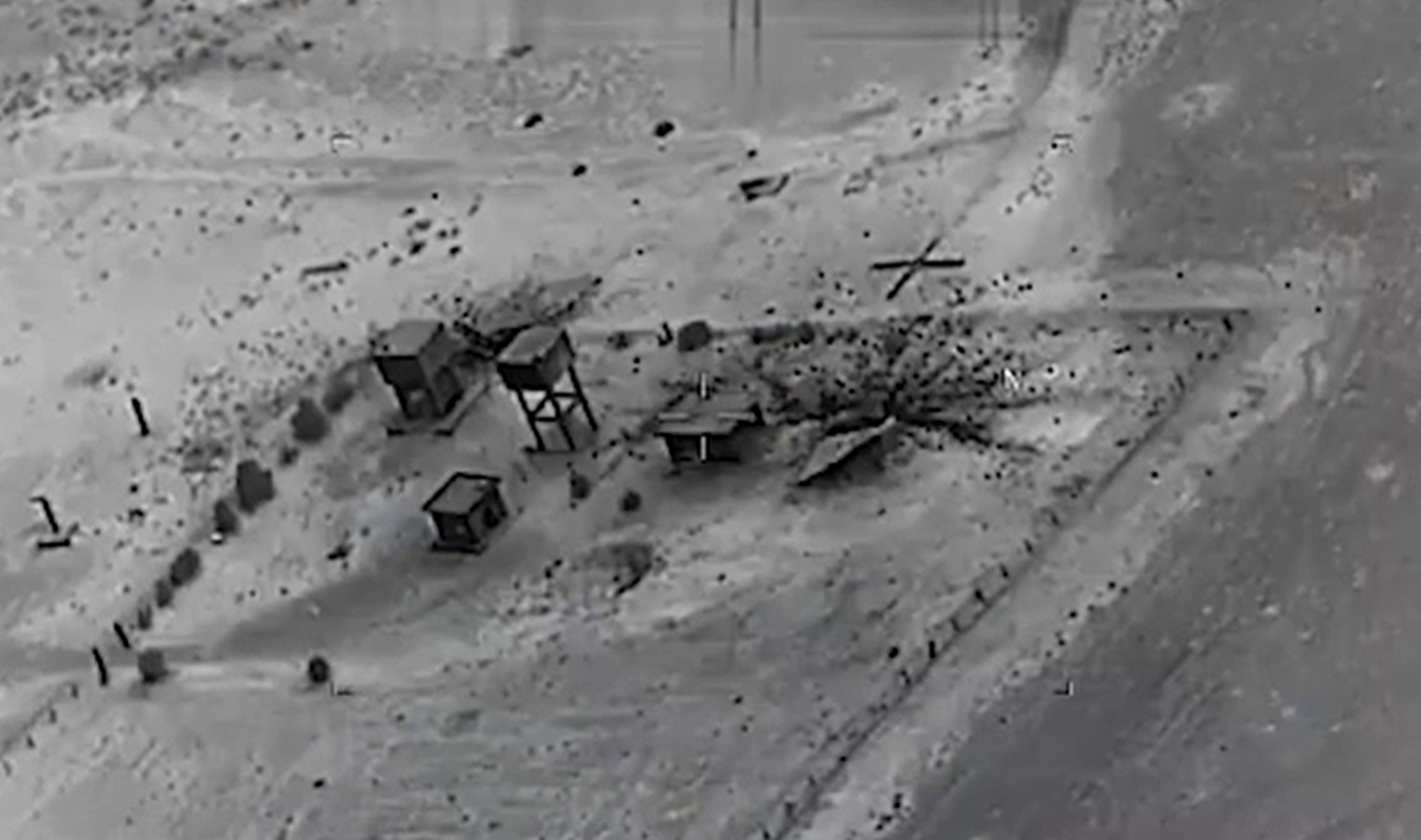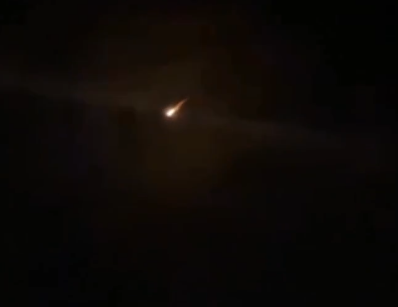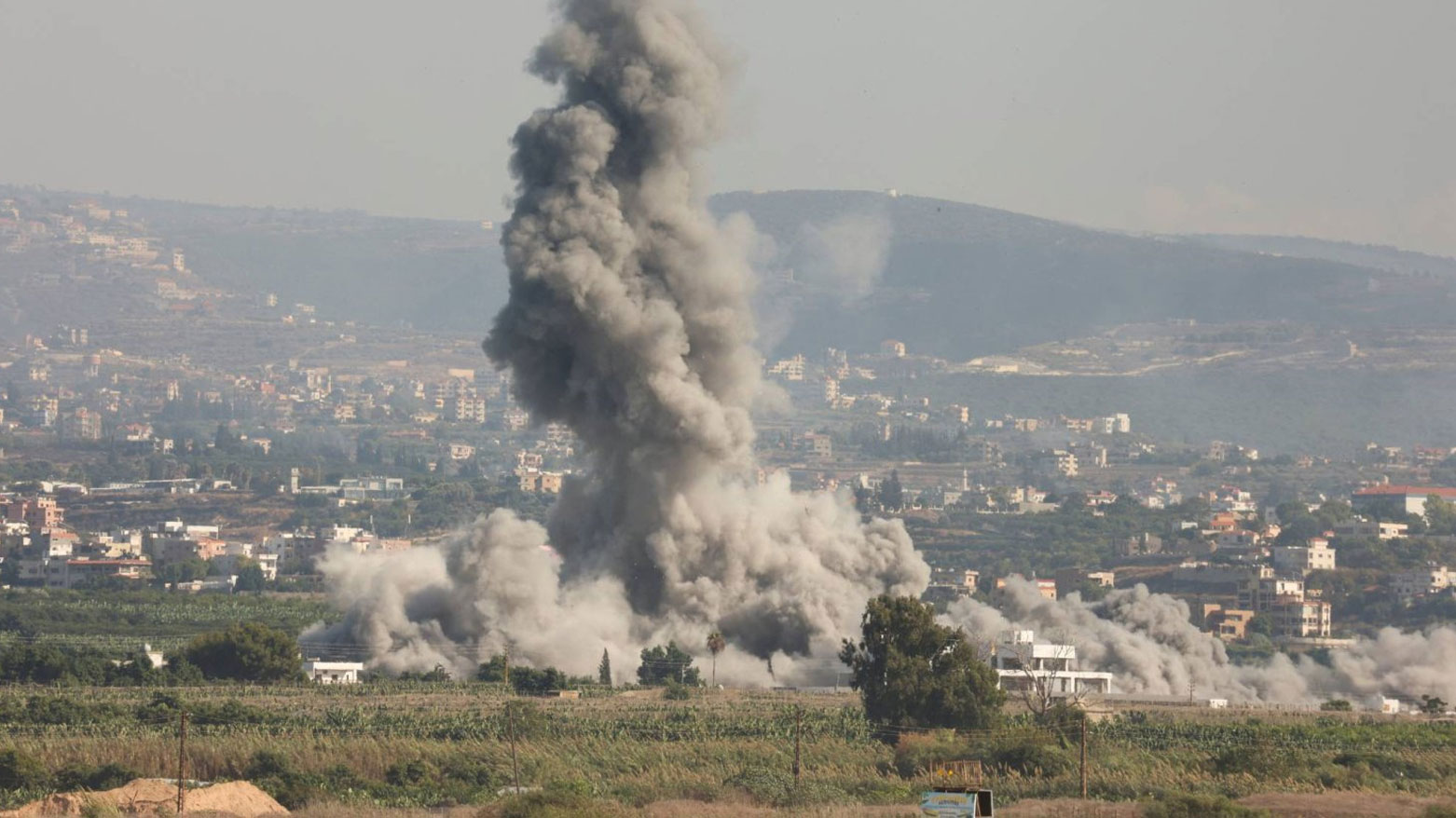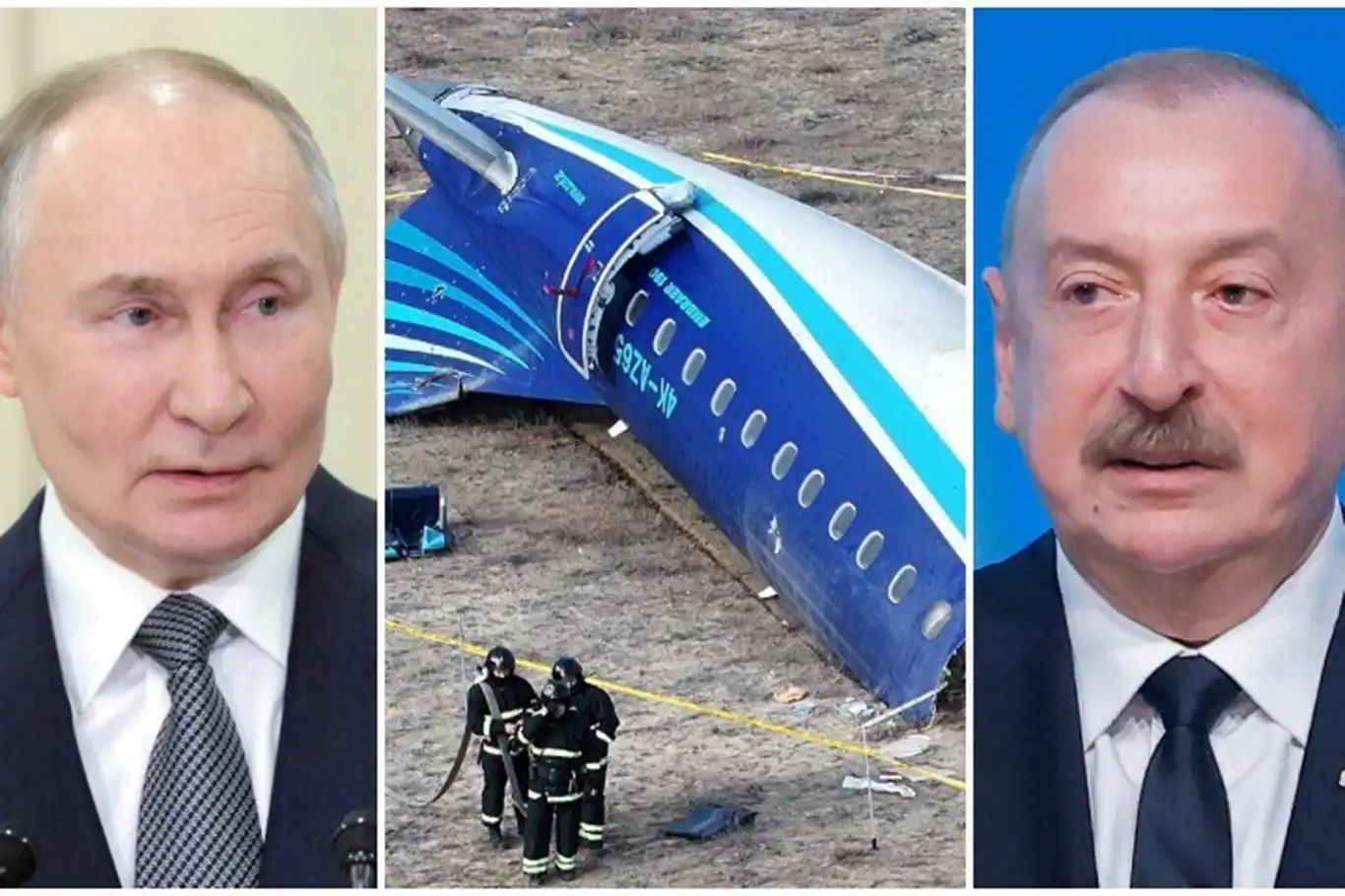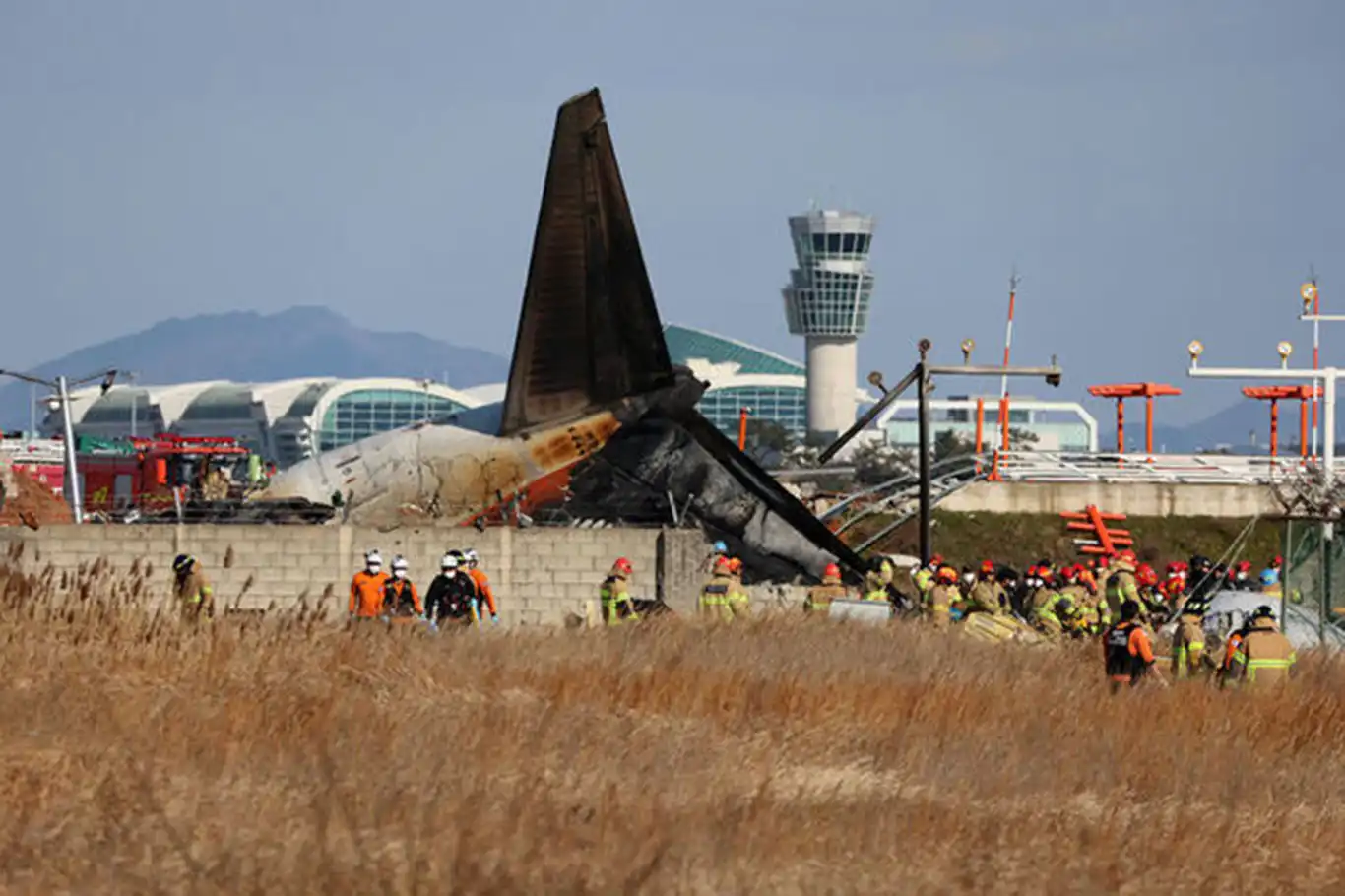Massive strike hits Israel: Schools, transport, and services disrupted over Gaza crisis
A one-day nationwide labor strike has begun in Israel following a declaration by the Histadrut labor union on Sunday.
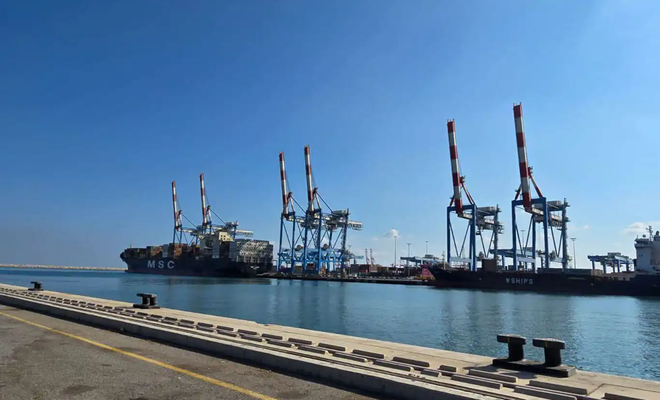
 Google News'te Doğruhaber'e abone olun.
Google News'te Doğruhaber'e abone olun. The strike was called in response to the Israeli government's failure to secure the release of captives held in the Gaza Strip through a ceasefire and prisoner exchange deal.
The strike comes after the Israeli military announced the discovery of the bodies of six captives in a tunnel in Rafah, located in the southern Gaza Strip. The union aims to pressure Prime Minister Benjamin Netanyahu's government into finalizing a prisoner exchange agreement with Hamas, which controls Gaza.
The strike has led to widespread disruptions across the country, impacting schools, universities, public transportation, and economic sectors. Ben Gurion Airport, a key hub for international travel, was temporarily closed to departing flights, with operations expected to resume after several hours. However, flights are likely to face significant disruptions in the coming days.
Municipalities in major cities such as Tel Aviv and Haifa, along with government ministries, are participating in the strike, affecting a range of public services. Universities, including the Hebrew University of Jerusalem and Tel Aviv University, have also joined the strike, although the Israeli teachers' union has opted not to participate, with school support staff taking part instead.
Banking and Public Services Affected
Several major banks in Israel are anticipated to close, according to Bloomberg, though the Tel Aviv Stock Exchange is expected to remain open. Other institutions, including local municipalities, postal services, and universities, have also shut down.
In response to the strike, Israeli Attorney General petitioned the Labor Court, arguing that the strike is political rather than related to a collective labor dispute. Despite this, the Histadrut has indicated it may extend the strike into Tuesday.
Protests Erupt Nationwide
Protests have erupted in several cities, with demonstrators blocking major roads and demanding the government's return to negotiations to secure the captives' release. In Tel Aviv, protesters blocked Ibn Gvirol Street, while similar actions were reported in Rosh Pina and Modi'in. Demonstrators in Karkur Junction carried signs denouncing Netanyahu's government, and hundreds gathered on Namir Road in Tel Aviv, disrupting traffic and chanting demands for the captives' return.
Opposition leader Yair Lapid has called for an economic disruption and urged the Knesset Speaker to convene an emergency meeting to discuss the Gaza situation.
Widespread Support and International Attention
The strike has garnered support from various sectors, including the entertainment industry, with notable participants such as the Ramat Gan Safari Park and the Batsheva Dance Company. Haifa Port workers have also joined the strike, halting operations until the evening. Several hospitals have scaled back non-urgent services while maintaining full emergency care.
Government Response and Ongoing Diplomatic Efforts
In an effort to deter participation in the strike, Finance Minister Bezalel Smotrich threatened that civil servants would not be compensated for any time off taken to join the strike, labeling it "illegal."
The strike follows mass protests over the weekend, where approximately 280,000 people demonstrated in Tel Aviv. Protesters are urging the government to abandon its military objectives in Gaza and prioritize negotiations for the captives' safe return, arguing that the ongoing conflict has led to unnecessary deaths.
Meanwhile, US President Joe Biden expressed optimism over reaching an agreement, though the latest talks in Cairo ended without a resolution. Biden and Vice President Kamala Harris are scheduled to meet with the US team working on mediating a hostage deal, with the US reportedly in discussions with Egypt and Qatar on a final proposal for Israel and Hamas. (ILKHA)




























